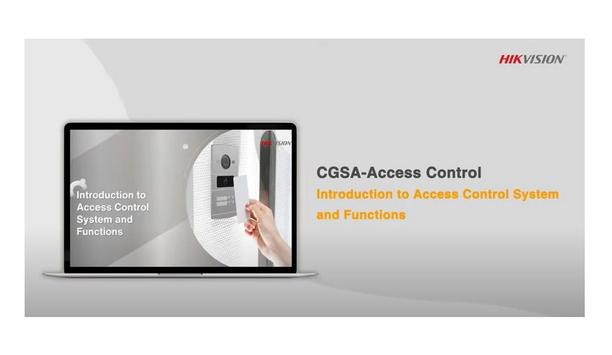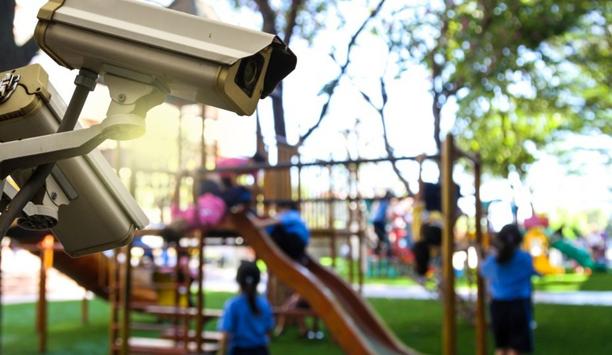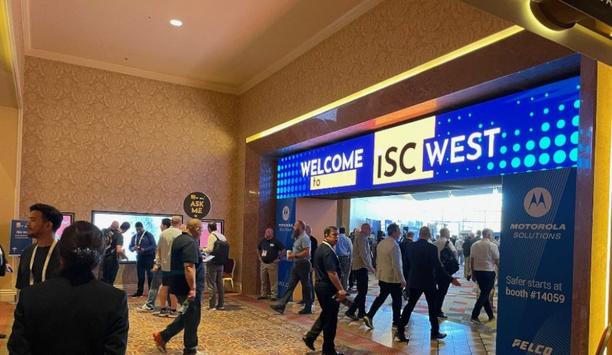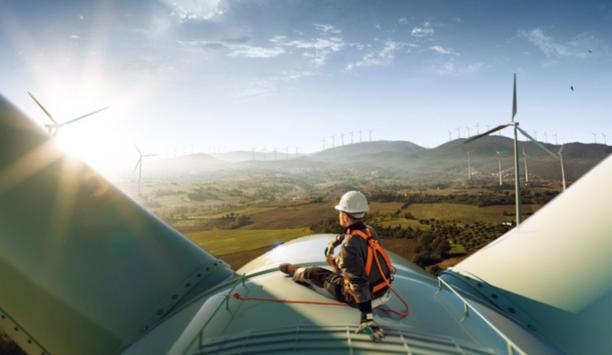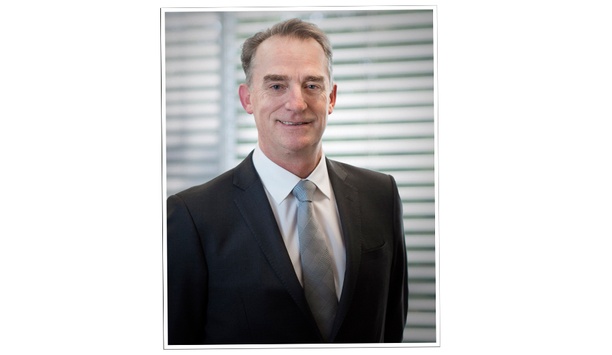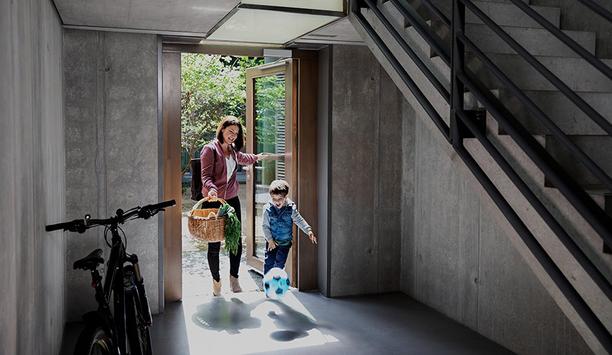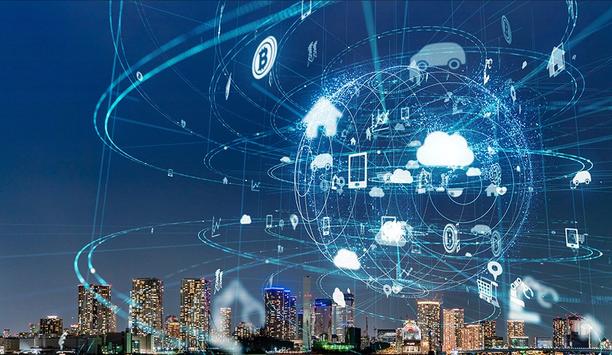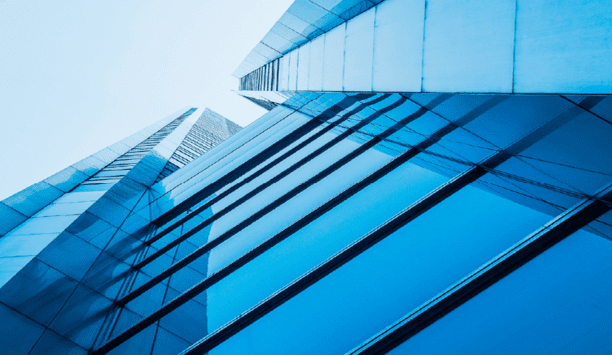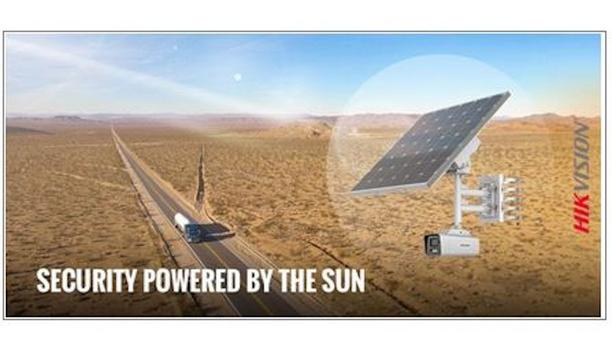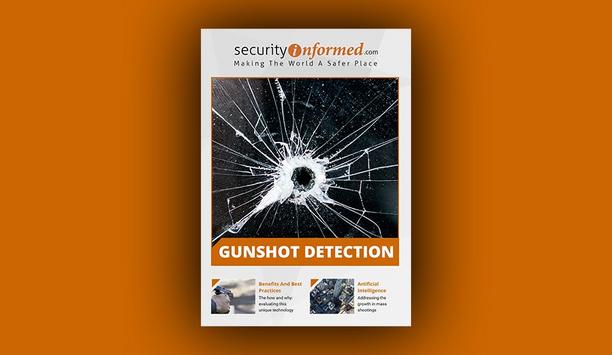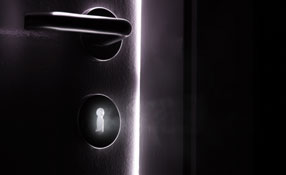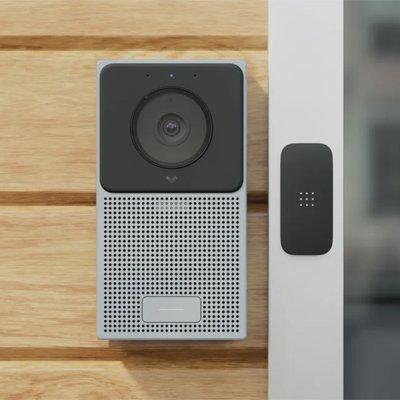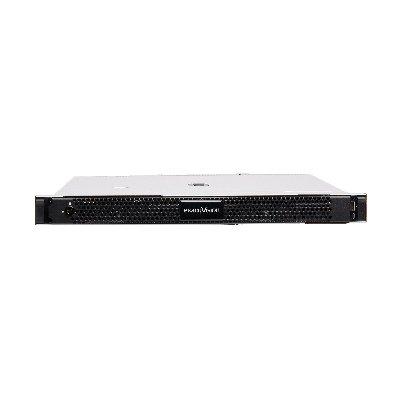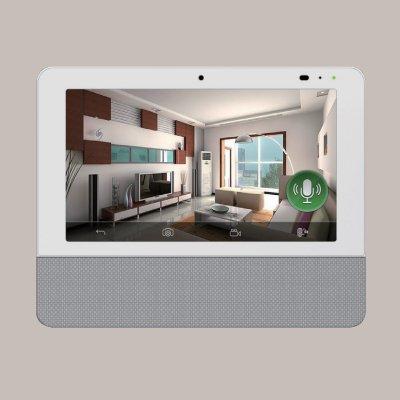 |
| Hoteliers don't give security a high enough priority |
The contribution to profit, or the perceived lack of it, is one of the major reasons why security is often seen almost as an afterthought by hoteliers. Because security is not profitable, investors and hotel operators are reluctant to invest in safety and security.
Despite numerous bomb attacks, thefts and break-ins, most hotel operators are unwilling to spend more money on security for their properties. Investors stonewall whenever the subject is raised. As security experts we can sometimes only shake our heads over such poor risk awareness given that what is ultimately at stake, in the worst case scenario, are the lives of guests and staff. Add to that the issues of property integrity, protection of security processes and avoidance of long-term damage to a hotel's image and it is easier to appreciate the consequences of inadequate security measures.
‘Passive', ‘Active' and ‘Hard' security
Security experts make a distinction between different types of "passive" security systems, which have to do with fire and life security (detection, evacuation, fire extinguishing and danger management processes). The public authorities of each country dictate the requirements for implementing, using and maintaining these types of systems, which is why investors and hotel operators must comply with them. The second level, known as "active security components", include video surveillance (CCTV), access control, intrusion detection systems and X-ray machines at the hotel's main entrances. Hotel operators interested in these systems already do so on a voluntary basis. A third level covers "hard" security systems, which can help avert or manage serious threats such as terrorist attacks.
 |
| The right measures must be taken in order to identify and fill the existing security gaps in hotels |
Every year I talk to numerous international hotel chains and often find what they tell me sobering. International hotel operators usually have higher standards than those prescribed by law for their passive security systems. This high level generally includes standards for CCTV, intrusion detection and higher-level security processes. Unfortunately, investors or owners of a hotel property often ignore these chain-specific security standards for cost reasons and provide budgets that cover only the minimum required by law. For hotel operators, this attitude is particularly dangerous, given that a serious security breach can significantly damage a hotel operator's brand name. Since the only asset owned by many hotel operators today is their brand - and no real estate - this scenario is particularly risky.
Security cameras in the hotel lobby, coded access cards - that's it
In reality the security measures employed by the majority of hotels is very simplistic: security cameras in the lobby or other public areas and coded access control cards for elevators and rooms. This is an approach which is pretty typical today. At best, larger properties - usually international hotels with many VIP guests - set up a type of command and control center, which often looks like a concierge's room with three screens. From this ‘hub', areas such as underground garages and delivery docks are monitored, with reports logged from fire alarms or perhaps false attempts to use coded room cards.
However, most hotel chains and investors have little interest in anything more. Highly intelligent security systems that give staff electronic instructions and control all relevant building automation systems in an emergency, such as turning off the air conditioning systems, opening fire doors, opening smoke extraction vents for smoke-free stairwells, activating emergency lighting, activating CCTV systems for locating the sources of danger, individual and logged evacuation announcements, detailed information for rescue services on action already taken etc., are rejected for cost reasons - even in VIP hotels.
 |
| A lack of appropriate security processes is the main hurdle |
Interest in security has always been event-driven. We therefore find it astonishing that demand is not on the increase given the frequent and high profile attacks on international hotels in recent years.
Regulatory rather than voluntary investment
Any improvements in security made by hotel owners and operators are usually only on a small scale. When companies offer to upgrade passive systems - regulated by law - interest does indeed rise. For example, sprinkler systems are becoming more advanced and extinguish fire with concentrated mist instead of water. Detectors can now distinguish between smoke from a fire and cigarettes. And fires in computer rooms can be extinguished using liquid gas. All of this helps to protect material assets, processes and, of course, guests.
However, the vast majority of hotel operators are reluctant to make additional voluntary investments. Even insurance companies have not really taken up the opportunities presented. Any reductions in policy premiums are based only on passive systems and do not reward commitment to active systems, even though such systems can dramatically reduce the financial repercussions of a claim following a serious incident.
Security systems and processes should work together
The differentiation between so called decreed and additional security systems is just one criteria of effective security. The main hurdle is the lack of appropriate security processes. In other words in a case of a guest being harassed, for example, there are usually no people professionally trained to handle such situations, even if certain tasks are outsourced to security professionals. The effective interlink between security equipment and security processes to protect persons and assets in real time is the main issue.
Hotels may be concerned about the costs of higher-level security systems but criminal activity could cost a hotel its reputation |
In any case, hotel security should not be overlooked or taken for granted. Hotels may be concerned about the costs of higher-level security systems but criminal activity could cost a hotel its reputation and not to mention, a person his or her life. Basic security which only meets the minimum standards required by the law is not enough to reduce the number of security breaches occurring in hotels around the world.
Regulatory rather than voluntary investment
Any improvements in security made by hotel owners and operators are usually only on a small scale. When companies like Siemens offer to upgrade passive systems – regulated by law – interest does indeed rise. For example, sprinkler systems are becoming more advanced and extinguish fire with concentrated mist instead of water. Detectors can now distinguish between smoke from a fire and cigarettes. And fires in computer rooms can be extinguished using liquid gas. All of this helps to protect material assets, processes and, of course, guests.
However, the vast majority of hotel operators are reluctant to make additional voluntary investments. Even insurance companies have not really taken up the opportunities presented. Any reductions in policy premiums are based only on passive systems and do not reward commitment to active systems, even though such systems can dramatically reduce the financial repercussions of a claim following a serious incident.
 | Michael Hartmann |



